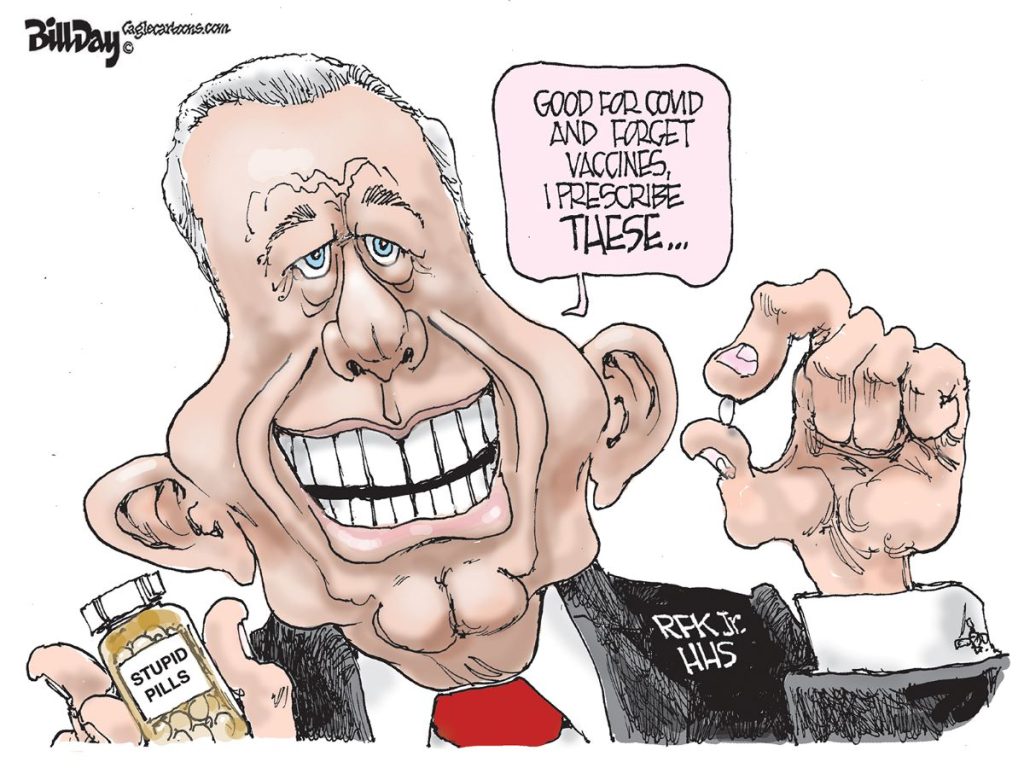The New York Times sent a Valentine’s card to Michael Heisley today with a cover story in the Sunday magazine based on this premise:
“The N.B.A. (learning from baseball) is discovering the power of new statistics and weird analytics. By these measures, the unsung and undervalued Shane Battier is a true all-star.”
The article points out that while he isn’t hailed for any gifts that are spectacular on the court, Mr. Battier nonetheless makes every one of his teams better than they were without him. For example, the article says the Grizzlies, the team with the worst won-loss percentage in NBA history, went to the playoffs when he played here and points out how the Houston Rockets’ record suffered when he was out with an injury.
In other words, his value on the court seems to be as a connector who elevates every one else’s game, creates the teamwork needed for success and brings disparate parts into greater efficiency.
Because Mr. Battier was always a favorite of ours and we thought the inability of the Grizzlies to recognize his value as the “face” of the team was a sign of bad things to come, we were pleased with his much-deserved time in the spotlight.
But as we read the article, we also thought of the value that people like him play in the life of successful cities. There are in fact some unheralded people, sometimes even undervalued, who play the same kind of role as connectors.
In Memphis, Mr. Battier played that role on the court, but he also brought energy to his charitable work while he was in Memphis. Clearly, we need more Shane Battiers in Memphis – people who can bring together disparate people behind a new commitment to change things, who can become the glue that holds together new collaborations and who can produce a new way of working on city challenges and capitalizing on opportunities.
In doing this, connectors elevate every one’s game and become engines that spark new ideas and the increased confidence that often lies at the heart of new success.

